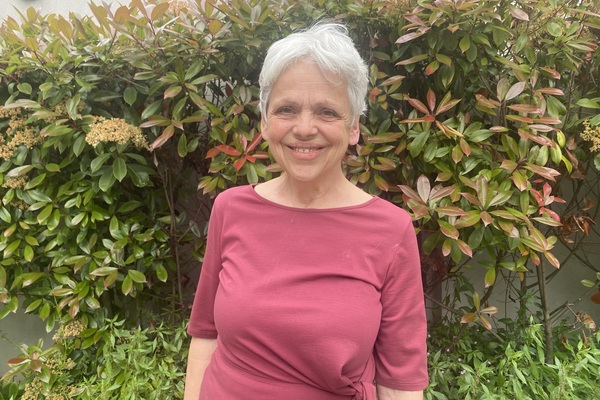From 10 a.m. to midday, the BID advice team operates a telephone helpline. In some ways, it’s like working in a call centre for a bank or mobile phone provider. The phones ring off the hook.
As volunteer caseworkers, we take information and try to answer questions. If we get stuck, a ‘legal manager’ supervising us in the middle of the room leaps to the rescue.
But BID is no ordinary call centre, because our callers are in a very difficult situation. As foreign nationals, they are incarcerated, either in prison or immigration detention centres, without being convicted by a court of law.
In theory, the awful experience of imprisonment without trial should be brief: immigration detention is supposed to be a short wait, for people who will be imminently removed from the UK. In practice, detention is inflicted on many people who will never be removed from the UK, and it often lasts for many months, or even years. But an independent court, called the First-tier Tribunal, has the power to release people in detention with immediate effect.
Our job is to make a case to that court, so people are freed from immigration detention. It’s an important job, because there are few legal firms and other advisors who provide help on this issue; and without specialist help the chances of success are low, and many people won’t even try.
In the afternoon, the team works on progressing clients’ cases. Much of our time is spent on admin tasks – like assembling documents and chasing officials in prisons, detention centres, the Probation Service and the Home Office.
There is a lot to do, because the immigration system is not just nasty, it’s also horrendously inefficient and error-prone. Dealing with it is frustrating. It is also rewarding, because small simple actions can make a huge difference. For example, the authorities may neglect to produce documents that detainees are entitled to receive and that are critical to their case; or probation officers and the Home Office may not communicate properly about post-release accommodation. In cases like these, with a few emails or phone calls we can clear blockages that would otherwise keep people in detention for months.
The culmination of the volunteer’s task is to draft ‘grounds for bail’ - the statement that demonstrates to the judge why our client should be released. Here we use the information collected earlier to build the most powerful argument we can. It is very interesting but also challenging, especially for a non-lawyer like me. But not quite as hard as it sounds, because we start from ready-made templates, and we are closely supervised - so mistakes are fixed long before they could cause damage. And several times a week we hear the happy news that a client has been released.
I was lucky enough to join the BID team a few months ago, on my retirement as director of a town planning consultancy. Like many people, I am horrified by how the UK treats immigrants. In my new-found free time, rather than just complain I thought I would try to do something about it, however small. But I feared there might be nothing useful I could do, because my long professional career did not include anything that seemed directly relevant.
As a white-haired granny, I am far from a typical volunteer. My colleagues are mostly budding lawyers, a third of my age but much more knowledgeable. But, happily, I have not been made to feel out of place. The team is warm and welcoming, and the legal managers are generous with their expertise (they’re old and wise, nearly half my age). As I clamber up the learning curve, I hope to branch out into other BID teams, and perhaps to qualify as an immigration adviser – which would mean taking formal exams, for the first time in 45 years. Altogether, BID is proving a hugely positive experience, so much better than I dared hope.





